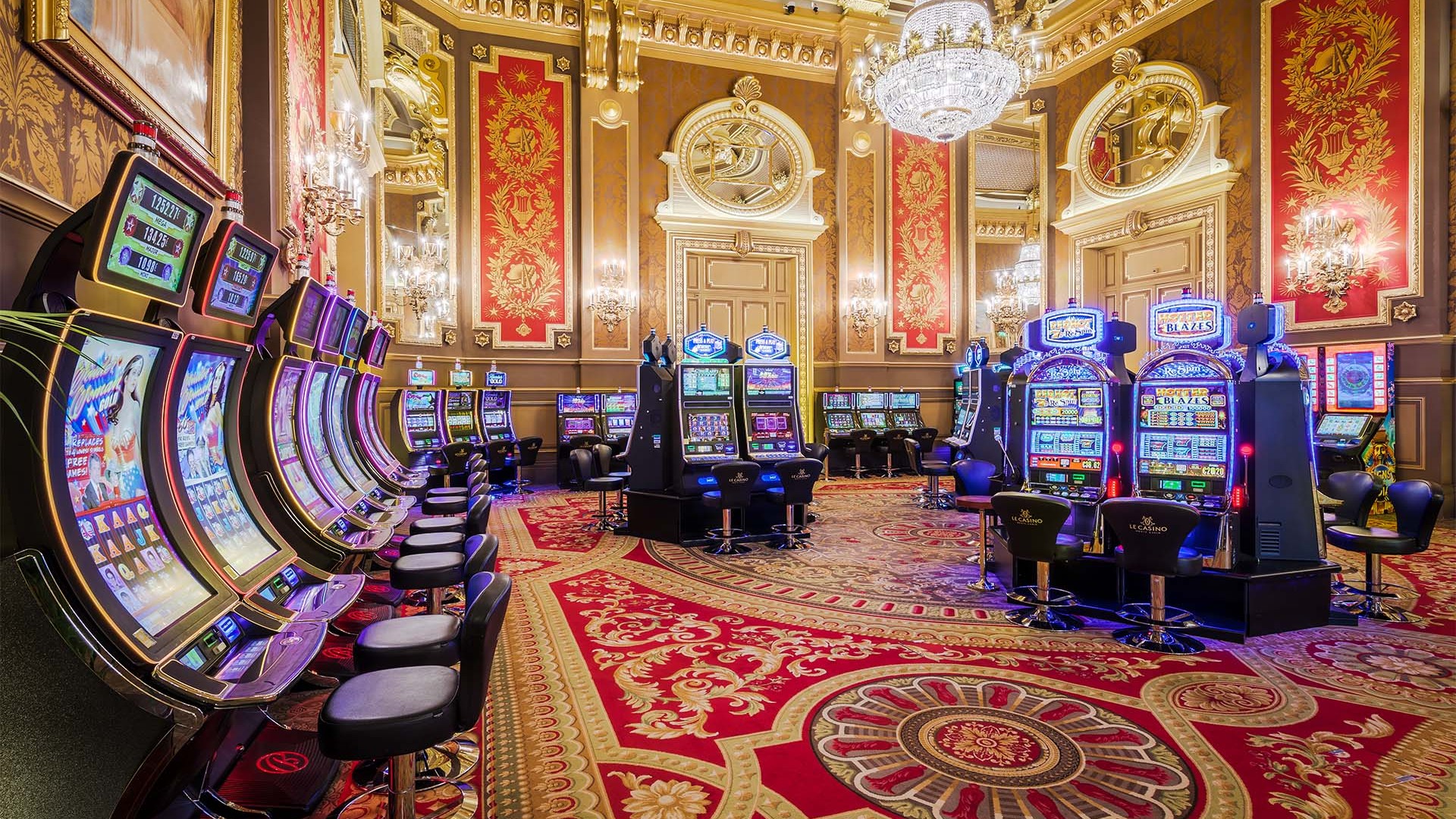
Casino experiences have long captured the imagination of humans around the world, becoming an integral part of both fun and culture. From the shimmering lights of the Vegas Strip to the immersive experience of online gaming, these experiences evoke excitement, uncertainty, and sometimes even a sense of sentimentality. They are more than simply entertainments; they have woven themselves into the tapestry of human experience, influencing various aspects from film and music to fashion and writing.
The allure of casino games surpasses the gambling aspect, tapping into larger themes of luck, chance, and human behavior. As players convene around a gaming table or rotate the wheel of fortune, they engage in an age-old ritual that echoes with our shared desire for adventure and unpredictability. This captivation has led to the rise of many references in cinema, tracks, and electronic games, showcasing how strongly entrenched these pastimes are in pop culture. Whether it is the high-stakes tension of a classic robbery film or the lively nightlife portrayed in music videos, casino games have established a substantial niche that reflects our connection with risk.
Social Importance of Gambling Games
Casino activities have played a crucial role in cultural contexts throughout history. Stemming from ancient civilizations, forms of chance were often linked to rituals or events. For example, early iterations of these activities can be linked back to ancient China and the Roman Empire, where dice games and wagering on outcomes were common pastimes. These activities not only served as entertainment but also as methods of social interaction, facilitating connections among people within communities.
As societies evolved, so did the sophistication and structure of casino games. The establishment of official casinos in the 17th century, particularly in the Italian region, marked a notable shift in how games were perceived and structured. With designated spaces for gambling, the casino became a community center where patrons from various backgrounds gathered. This evolution contributed to the validation of gambling, transforming it from a mere pastime into an organized industry that shaped the economy and regulations.
The effect of gambling activities on mainstream culture cannot be understated. As they were popularized in literature and film, games such as poker and blackjack became icons of chance, chance, and strategy. Famous figures and stories have emerged around these activities, reflecting societal views towards fortune, prosperity, and vice. https://ga179.agency This interest with casino games has permeated various forms of media, solidifying their place in the public imagination and connecting them to broader cultural narratives throughout history.
Representation of Gambling Activities in Media
Casino games have long been a popular subject in different types of entertainment, reflecting both the thrill and nuances of gambling culture. Movies such as Ocean’s Eleven and Casino Royal portray figures who navigate high-stakes environments, showcasing not only the appeal of the gambling environment but also the methods and judgments that come with playing popular games like Texas Hold’em and blackjack. These films often dramatize the exhilaration of winning and the potential consequences of losing, encapsulating the risks involved in betting.
TV programs have also explored the realm of casino games, often integrating them into the plot as a context for story progression and drama. Series like Vegas depict the lives of casino workers and casino-goers, highlighting the lively, often chaotic energy of the casino floor. Reality shows featuring intense betting contests further emphasize the attraction of gambling activities, drawing viewers into the excitement and tactics involved in each round. Through these representations, media not only amuses but also stimulates conversations about fortune, expertise, and the essence of chance.
Gaming have increasingly integrated gambling activities into their design, allowing players to experience the feeling of betting without financial risk. Games within the domain of digital gaming often include online slot machines, poker, and other popular casino games, creating an engaging environment that mirrors actual casino experiences. These virtual portrayals make gambling activities accessible to a global audience, appealing to both risk-takers and those who enjoy the rush of virtual experiences. As a result, the portrayal of casino games in media continues to shape public perception and cultural significance, highlighting their function in society and social context.
Impact of Casino Games on Society
Gambling activities have a meaningful effect on communities, influencing multiple facets of culture and interpersonal behavior. They often serve as a venue for community engagement, where people gather to enjoy a common experience. Game nights with friends or visits to casinos become social activities that build connections and create memories. This collective aspect boosts the entertainment value of casino games, making them a favored choice for festivities and recreational pursuits.
Additionally, gambling activities have been depicted in countless movies, television shows, and written works, influencing perceptions and opinions towards gambling and gaming. Icons like James Bond competing in baccarat or the high-stakes poker scenes in films have cemented these games in the shared imagination. This representation often glamorizes the lifestyle associated with casino activities, attracting new players and impacting trends in both style and behavior. These representations can ignite curiosity and lead to a deeper investigation of the nuances of gaming.
Nonetheless, there are also negative consequences linked to the widespread appeal of gambling activities. The temptation of quick monetary gain can lead to problem gambling and financial troubles for some individuals. Society must contend with these issues, advocating for responsible gambling and education of the risks involved. Finding a balance between the entertainment value of casino games with the potential for harm is vital to ensure that they continue to be a beneficial aspect of our cultural landscape.
